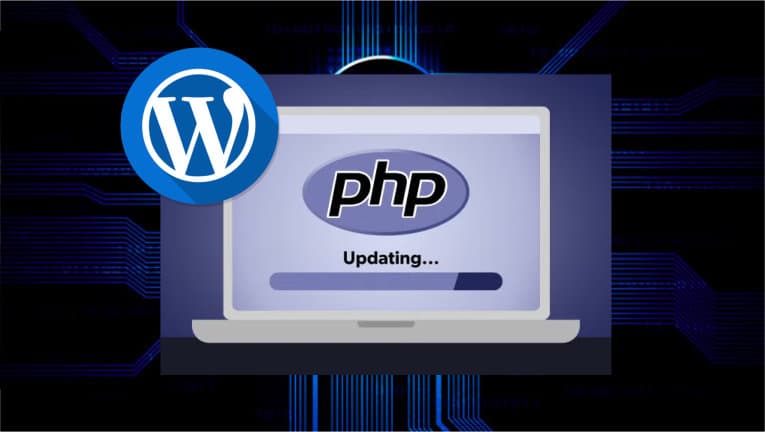When selecting a web hosting provider, the performance, security, and scalability of your website depend heavily on the infrastructure supporting it. A subpar hosting solution can result in downtime, slow load speeds, and security vulnerabilities. To ensure optimal website performance and long-term success, consider these 10 essential features when evaluating potential web hosting providers.
1. Uptime Assurance
The reliability of a web host is fundamentally tied to its uptime. A provider that guarantees an uptime of at least 99.9% ensures that your site will remain accessible to users almost all the time. Downtime not only disrupts user experience but can also harm your site’s SEO rankings and overall reputation.
2. Optimized Speed and Performance
Server performance is critical to the user experience and SEO. Choose a web hosting provider that offers fast server speeds and utilizes state-of-the-art hardware. Hosting solutions with SSD storage, content delivery networks (CDNs), and optimized server configurations contribute to faster load times, which are essential for keeping users engaged and ranking well in search results.
3. Scalability
As your website grows, your hosting needs will evolve. A robust hosting provider should offer scalable solutions that allow you to easily upgrade resources—be it bandwidth, storage, or processing power. Flexibility in scaling ensures your site can handle increased traffic without compromising performance.
4. 24/7 Customer Support
Uninterrupted customer support is a non-negotiable feature. Opt for a hosting provider with around-the-clock support through multiple channels, such as live chat, email, and phone. Additionally, assess the quality of support by reviewing customer feedback and looking for a provider with a reputation for resolving issues quickly and efficiently.
5. Advanced Security Protocols
In an era of increasing cyber threats, web security is paramount. Look for hosts that prioritize advanced security features such as SSL certificates, DDoS protection, automated malware scanning, and regular backups. A strong security framework minimizes risks to your website, safeguarding both your data and your visitors’ sensitive information.
6. Intuitive Control Panel
A streamlined and intuitive control panel is key to managing your website, domains, and hosting settings efficiently. Industry-standard panels such as cPanel or Plesk should provide a user-friendly interface for managing your resources, databases, and email accounts. A good control panel reduces the technical barrier for website management, enabling easier day-to-day operations.
7. Reliable Backup Solutions
Data loss can occur at any time, making regular backups a critical aspect of web hosting. A dependable provider should offer automated backup systems and straightforward restoration options. Ensure that the frequency of backups aligns with your website’s activity, and that you can easily retrieve your data when needed.
8. Adequate Bandwidth and Storage Capacity
Bandwidth and disk space are fundamental to the performance and scalability of your site. Ensure that the hosting plans provide sufficient resources for your current and future needs. Avoid providers that impose restrictive limits on either, as these can hinder your site’s growth and potentially lead to slower performance or unexpected charges.
9. Strategic Server Locations
The physical location of a hosting server can impact your website’s load time and user experience, especially for international audiences. Opt for a provider with multiple data center locations that are strategically placed close to your target audience. This reduces latency, improving both site speed and overall user satisfaction.
10. Risk-Free Money-Back Guarantee
A money-back guarantee provides a safety net, allowing you to test a web host’s services before committing long-term. Typically offered within the first 30 days, this guarantee enables you to evaluate the host’s performance, support, and overall service quality. A no-questions-asked refund policy speaks volumes about a provider’s confidence in their offerings.
Final Thoughts
Choosing the right web hosting provider is a critical decision that can directly influence the stability, performance, and growth of your website. Take the time to evaluate each hosting option based on the features outlined above, and make sure to read customer reviews to gain insights into real-world experiences. Selecting a web host with a solid reputation and comprehensive offerings will ensure that your site remains robust, secure, and scalable for years to come.




